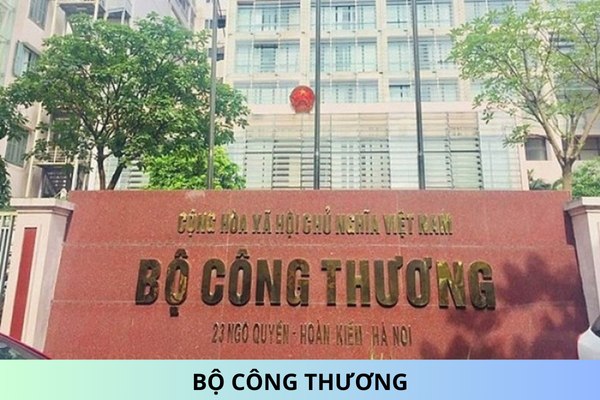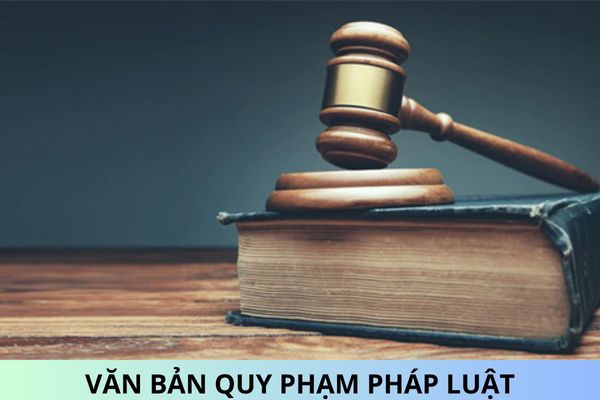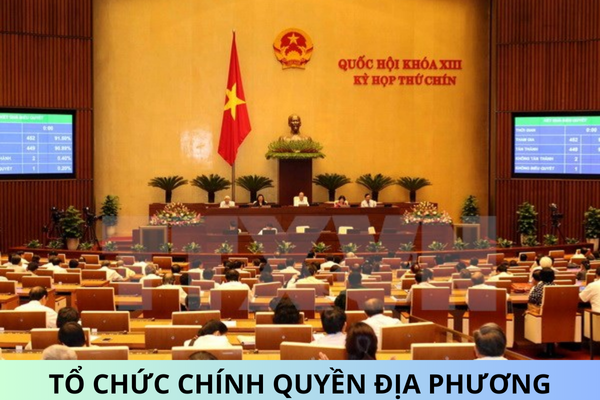What are powers of the Commander of the Guard Command while performing his guard duties in Vietnam?
What are powers of the Commander of the Guard Command while performing his guard duties in Vietnam? What are cases of firing guns while performing guard duties in Vietnam?
Thank you!
What are powers of the Commander of the Guard Command while performing his guard duties in Vietnam?
Pursuant to Article 20 of the Law on Guards in 2017 stipulating the powers of the Commander of the Guard Command, the Director of the Army Security Protection Department, officers and soldiers while performing their guard duties as follows:
1. The Commander of the Guard Command has the following powers:
a) Decide on the application and use of professional measures in accordance with law;
b) Request units of the people's armed forces, agencies, organizations and individuals to provide information and documents related to guarding work and to coordinate and support the Guard forces when necessary;
c) Mobilize people and means as prescribed in Article 22 of this Law;
d) Temporarily suspending or suspending the use of means of communication, means of transport or other activities in the Vietnamese territory when there are grounds to determine that such activities may endanger the safety of guard object;
dd) Propose to suspend or change the working program and activities of the guarded subjects when there are grounds to believe that such activities may endanger the safety of the guarded subjects;
e) Refuse to comply with requests that are not part of the security measures and regimes prescribed by the law on bodyguards;
g) Temporarily ban roads around key areas, areas where particularly important events take place as prescribed in Clauses 3 and 4, Article 10 of this Law; around the residences and places of activities of Party and State leaders and international guests in case of necessity;
h) Exercise other rights as prescribed by the National Security Law.
2. The Director of the Military Security Protection Department has the powers specified at Points a, b, c, dd, e and h, Clause 1 of this Article.
3. Guards officers and soldiers have the following powers:
a) Use professional measures as prescribed by law;
b) Use weapons, explosives and combat gears in accordance with the provisions of this Law and the Law on Management and use of weapons, explosives and combat gears; Special protection papers, professional technical means and signals of priority vehicles;
c) Bring weapons, technical means and supporting tools to the airport and board the aircraft;
d) Inspect and control people, things carried, vehicles entering and leaving the area and target of guarding;
dd) Temporarily detain people, carry-on objects, and vehicles entering or leaving the area or target for guarding when there are grounds to believe that such persons, objects or means pose a risk of harming the safety of the subjects. guard;
e) Mobilize people and means as prescribed in Article 22 of this Law;
g) Request agencies, organizations and individuals to provide support and assistance to ensure the safety of the guard subjects in all situations.
4. The decision on application and use of measures specified in Clauses 1, 2 and e, Clause 3 of this Article must be made in writing; in case of urgent request, the person performing the task may decide directly orally, but must immediately issue a decision or report to the competent authority in writing. The decision maker must take responsibility before law for his/her decision.
What are cases of firing guns while performing guard duties in Vietnam?
Pursuant to Article 21 of the Law on Guards in 2017 stipulating cases of firing guns while performing guard duties in Vietnam as follows:
Guards officers and soldiers, while on duty, may only open fire in the following cases, but must comply with the principles of using military weapons specified in the Law on Management and Use of Weapons, Explosives and supporting tools:
1. Warn the object that is breaking into the guarded area or target;
2. Open fire at the object that is breaking into the area, the target of the guard, after giving the order to stop and shoot in the air but it is not effective;
3. Disable the subject that is directly attacking the object of the guard or the guard officer or soldier on duty;
4. Other shooting cases specified in the Law on Management and use of weapons, explosives and combat gears.
Best regards!











